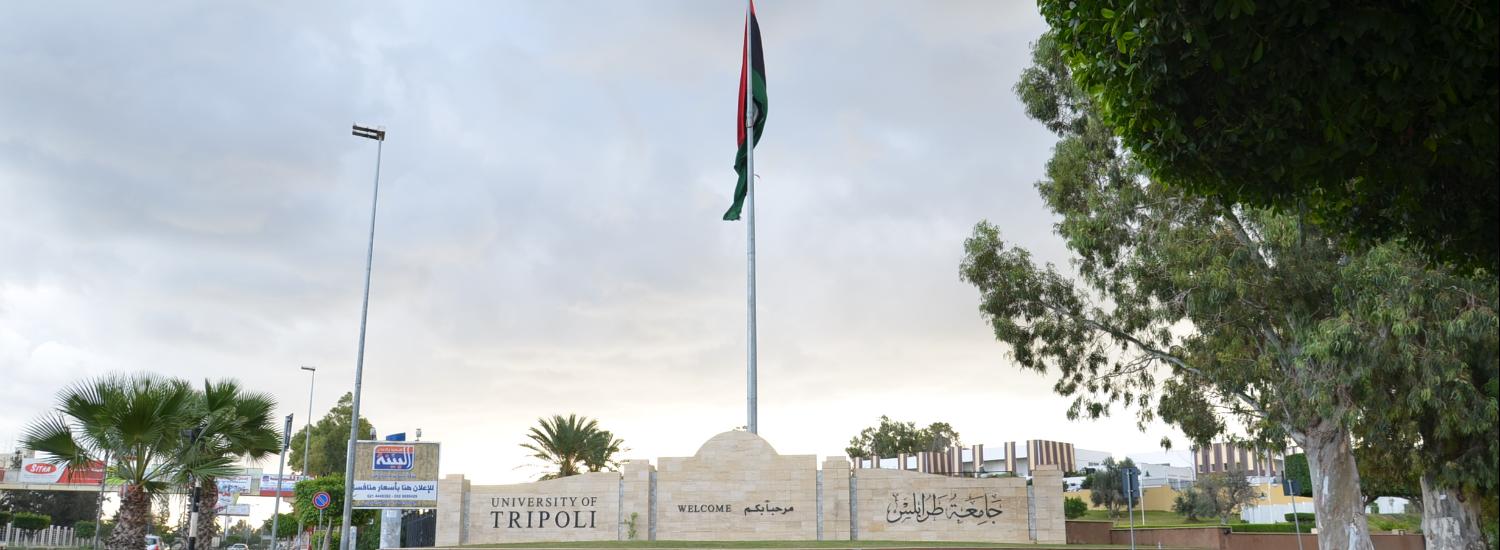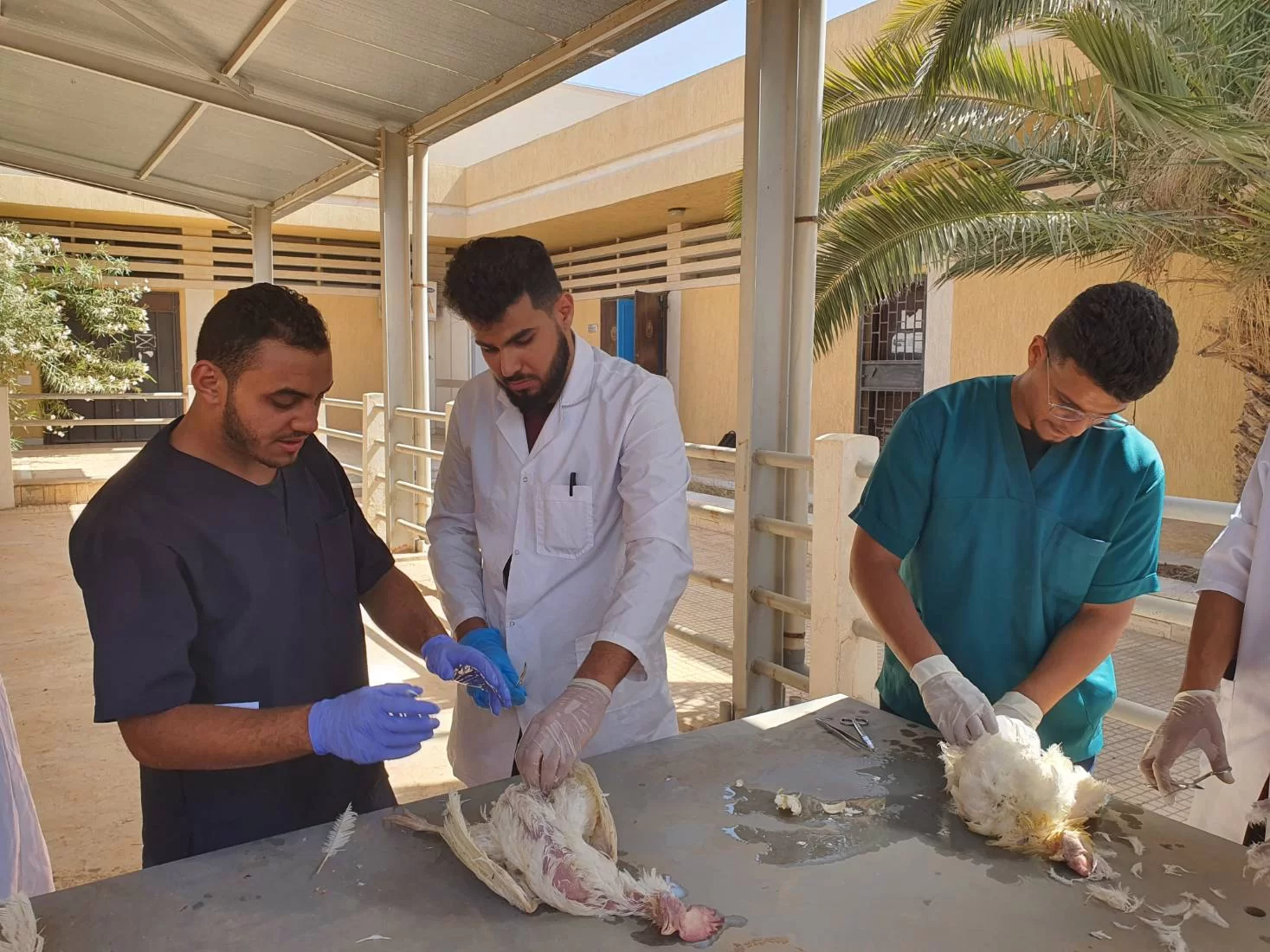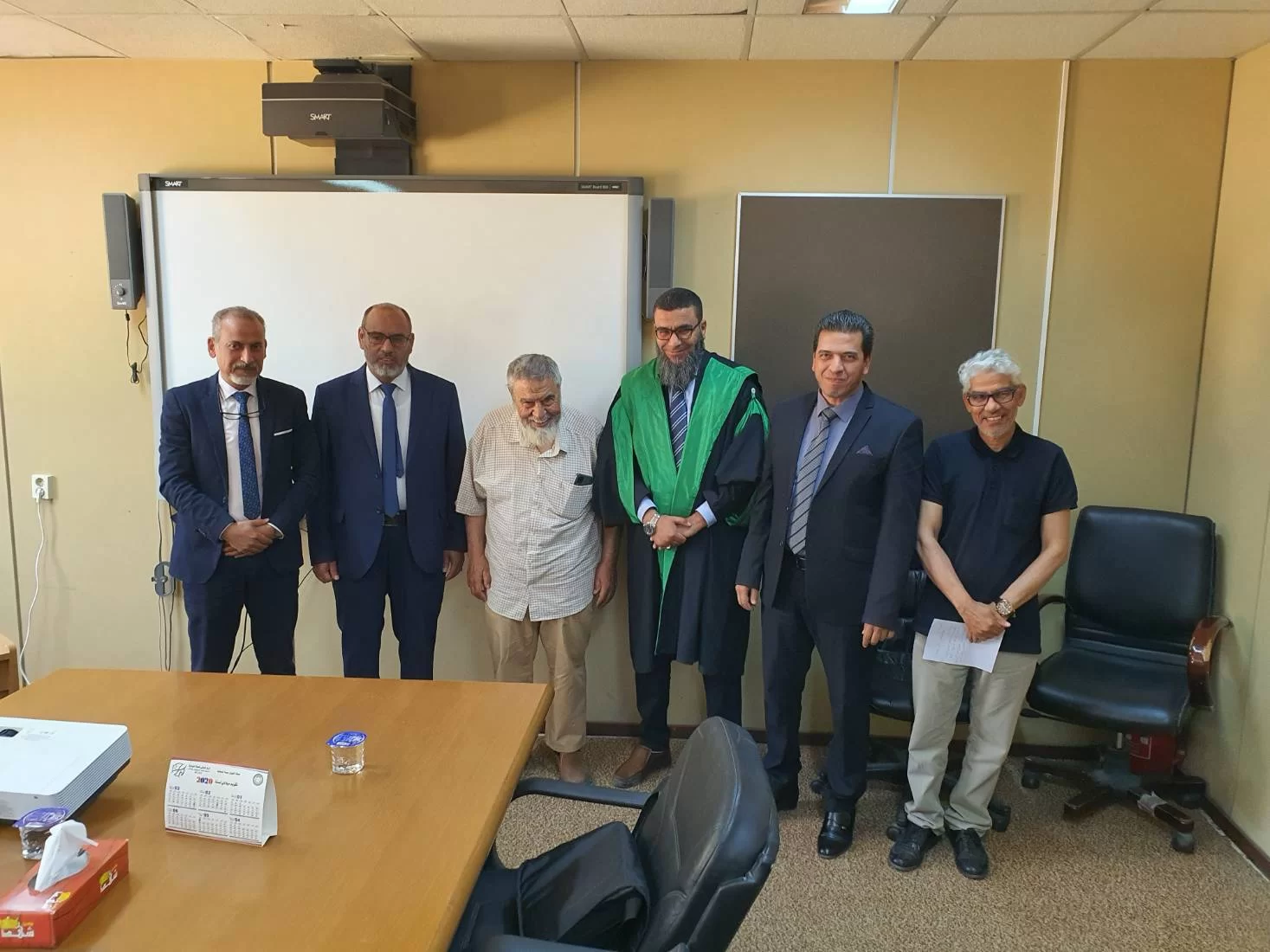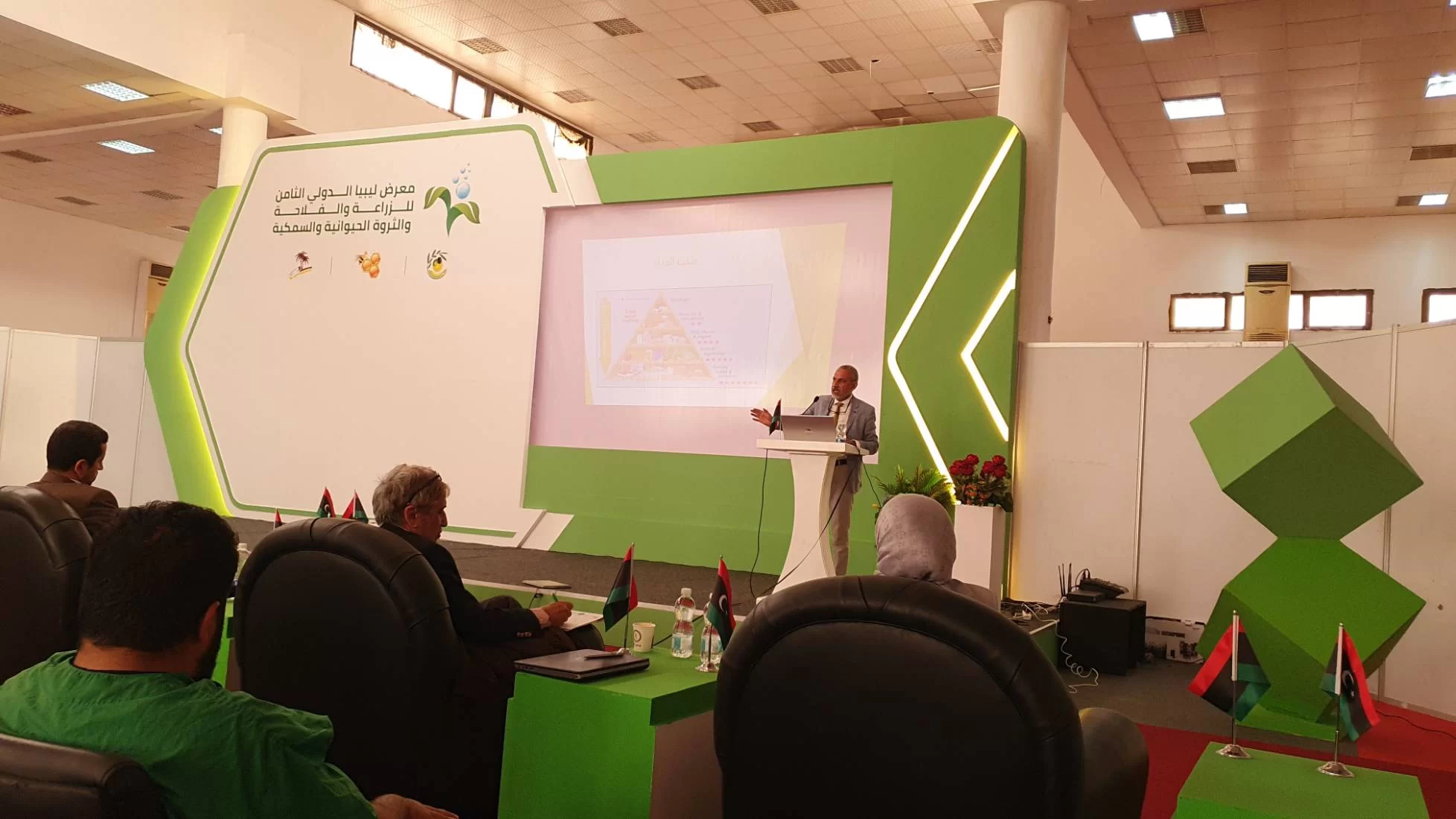قسم أمراض الدواجن والأسماك
المزيد ...حول قسم أمراض الدواجن والأسماك
يُصنف قسم أمراض الدواجن والأسماك من الأقسام الإكلينيكية بالكلية، حيث يندرج تحتهُ شُعبتان; شعبة أمراض الدواجن وشعبة أمراض الأسماك ويتم تدريس مادة أمراض الدواجن ومادة أمراض الاسماك وهما من المتطلبات الاساسية لبرنامج بكالوريوس العلوم الطبية البيطرية. وكذلك يمنح القسم درجة الإجازة العليا ( الماجيستير) في العلوم الطبية البيطرية (MVSC) في التخصصات التالية:
1) البرنامج الدراسي لأمراض الدواجن.
2) البرنامج الدراسي أمراض الأسماك.
حقائق حول قسم أمراض الدواجن والأسماك
نفتخر بما نقدمه للمجتمع والعالم
المنشورات العلمية
هيئة التدريس
البرامج الدراسية
ماجستير أمراض الدواجن
يُنفذ هذا البرنامج من خلال دراسة مقررات دراسية، بحيث لا يقل عدد وحداتها عن (24) وحدة دراسية، وأن لا تزيد عن (30) وحدة دراسية على مدى 3 فصول، بالإضافة إلى إنجاز رسالة بحثية...
التفاصيلماجستير أمراض الاسماك
يُنفذ هذا البرنامج من خلال دراسة مقررات دراسية، بحيث لا يقل عدد وحداتها عن (24) وحدة دراسية، وأن لا تزيد عن (30) وحدة دراسية على مدى 3 فصول، بالإضافة إلى إنجاز رسالة بحثية...
التفاصيلمن يعمل بـقسم أمراض الدواجن والأسماك
يوجد بـقسم أمراض الدواجن والأسماك أكثر من 8 عضو هيئة تدريس

أ.د. عبداللطيف عبدالعزيز محمد العاشق
عبداللطيف العاشق هو حاليا أستاذ الدكتور رئيس قسم امراض الدواجن والأسماك بكلية الطب البيطري أستاذ علم امراض الدواجن متزوج وله ثلاثة أبناء تدرج في الوظيفة من معيد بكلية الطب البيطري سنة 1991م وتحضير درجة الاجازة العالية سنة 1995م في نفس التخصص من كلية الطب البيطري جامعة طرابلس الى ان تحصل على درجة الدكتوراه من جامعة كوشيتسا للطب البيطري سنة 2003م و لديه الكثير من الأبحاث العلمية في مجال التخصص وقد تقلد مناصب منها رئيس نقابة أعضاء هيئة التدريس بجامعة طرابلس عن طريق الانتخاب سنة 2012 -2013م وكذلك تحصل على منصب رئيس جامعة صبراتة عن طريق المفاضلة التي اقرتها وزارة التعليم العالي سنة 2018م وادار جامعة صبراتة لمدة سنتان ونصف حققت جامعة صبراتة تقدم ملحوظ من ناحية التصنيفات العالمية والمحلية في تلك الفترة.












